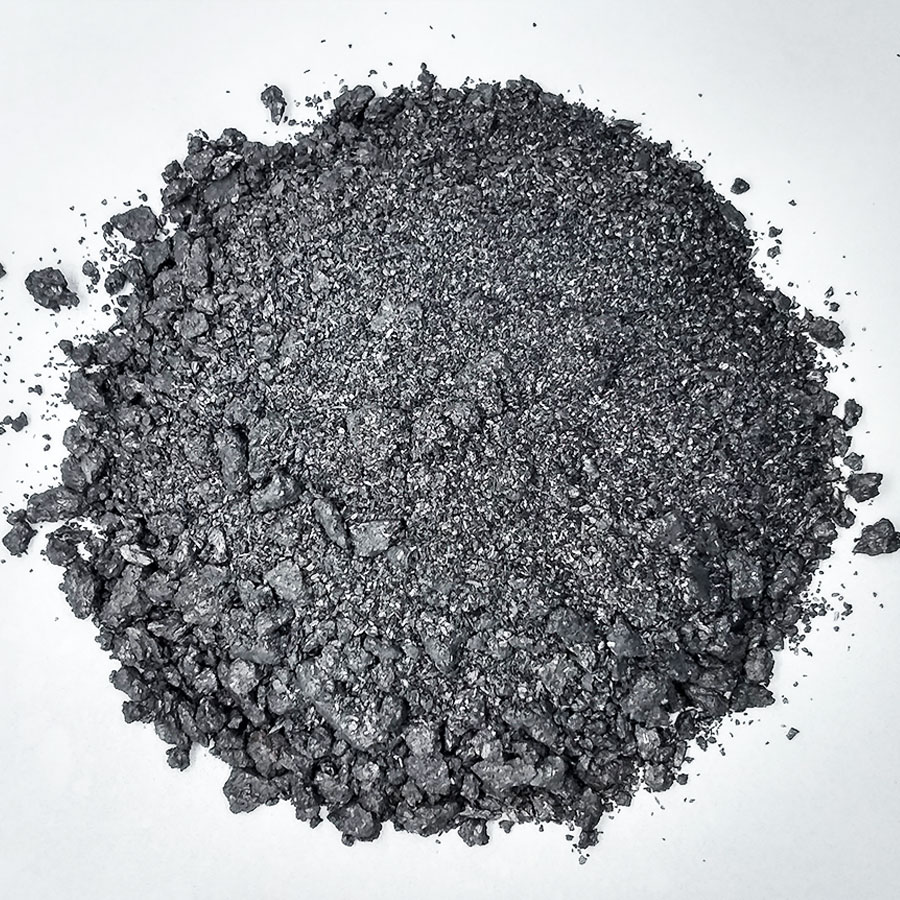SYNTHETIC GRAPHITE

Synthetic Graphite
Synthetic graphite is a product made from the heat treatment of calcined petroleum coke and coal tar pitch as a binder matrix to form electrodes. Once formed, it is subjected to successive heat treatments at very high temperatures.
The graphitization process is achieved by circulating electric current in successive steps through the mixture of amorphous carbons, where a temperature of 3000°C can be reached.
Synthetic graphite is highly pure in terms of fixed carbon (over 98%) and is known for its ability to withstand corrosion and high temperatures, as well as being highly lubricating.
During the treatment at high temperatures the raw material undergoes dramatic changes in its properties. The most important effect is the molecular rearrangement of amorphous carbon into an ordered graphite structure. As a consequence, the characteristics associated with graphite, including high crystallinity, low coefficient of thermal expansion, low electrical resistivity, high thermal conductivity, and resistance to thermal shock are imparted to the material.
Its main uses are:
- Electrodes for electric arc furnaces.
- Recarburizer.
- Lubricants that resist very high temperatures.
- Refractory linings.
- Brake pads.
- Electric batteries.


